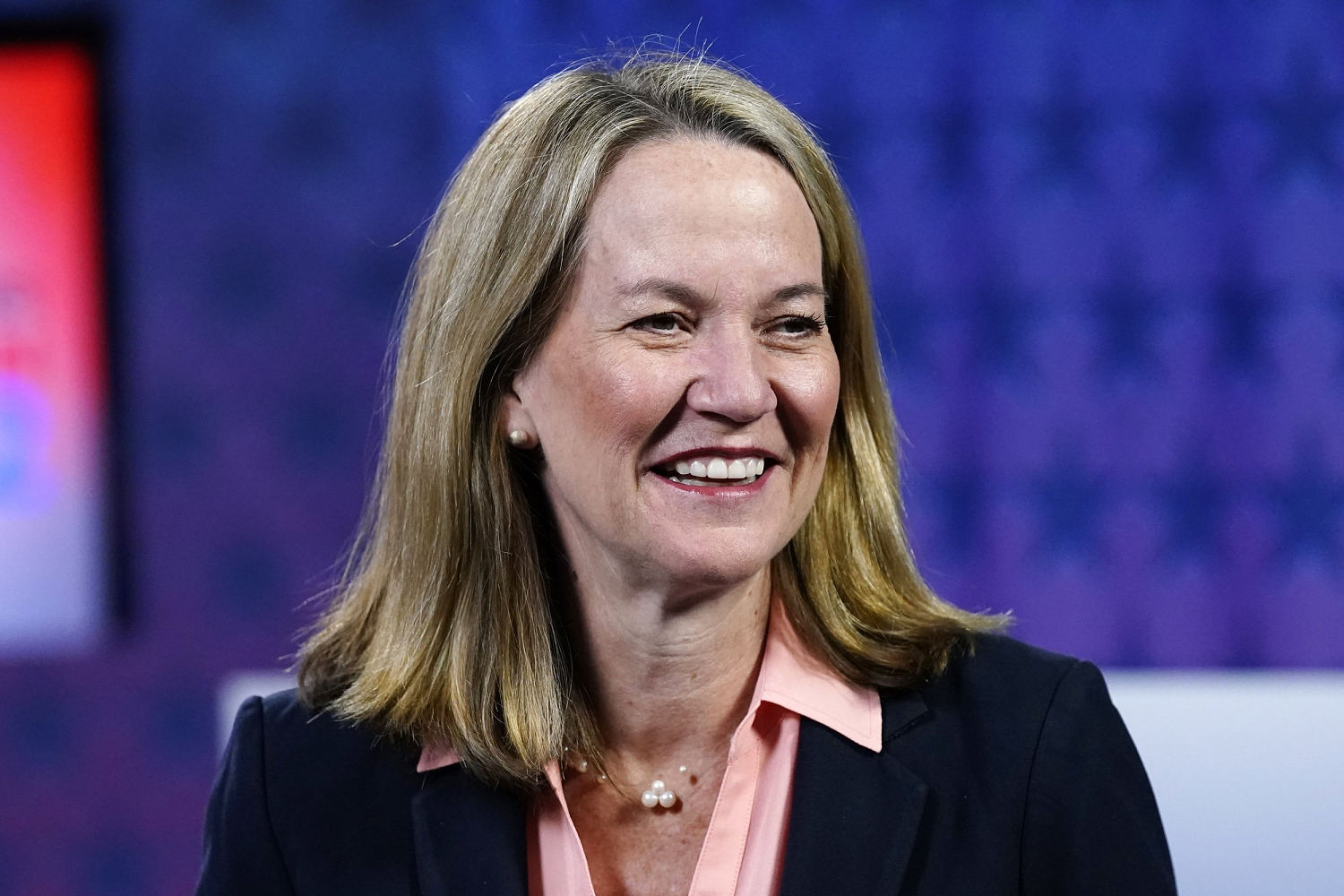Philanthropy’s Civic Duty: Strategic Giving’s Role in Shaping Healthy Democracies
The Role of Philanthropy in Civic Engagement Civic engagement involves activities such as voting, community organizing, and participating in public discourse. Philanthropy can play a key role in supporting civic education, voter registration efforts, and community organizing, thereby empowering citizens and addressing participation gaps. By addressing barriers to participation and fostering an informed citizenry, philanthropic […] The post Philanthropy’s Civic Duty: Strategic Giving’s Role in Shaping Healthy Democracies appeared first on Geneva Global.

The Role of Philanthropy in Civic Engagement
Civic engagement involves activities such as voting, community organizing, and participating in public discourse. Philanthropy can play a key role in supporting civic education, voter registration efforts, and community organizing, thereby empowering citizens and addressing participation gaps. By addressing barriers to participation and fostering an informed citizenry, philanthropic organizations play a pivotal role in strengthening democratic processes and ensuring that all voices are heard, particularly in underserved communities.
Philanthropy’s Impact on Elections
Historically, philanthropic efforts have supported increased civic participation during elections. For example, the James Irvine Foundation invested $140 million between 2005 and 2020 to increase voter participation in California, yielding 51.9% of California’s voters voting in the 2018 general election, up from 36.6% in 2014. Similarly, the Ford Foundation’s support for civil rights organizations like the New Georgia Project has been instrumental in increasing voter turnout among African American communities. In the current landscape, initiatives like these are more important than ever. With rising political polarization and misinformation, the support of philanthropic organizations can help ensure a fair and democratic election process.
Key Areas Where Philanthropy Can Make a Difference
Philanthropy can boost civic engagement in several key areas: voter education and registration, combatting misinformation, supporting marginalized communities, and promoting civil discourse. The Pew Charitable Trusts’ Voting Information Project (now with Democracy Works) is a prime example, having helped over 123 million voters find their polling places during the 2016 election cycle. By funding educational programs, providing resources for acquiring accurate information, and ensuring underrepresented groups have a platform, philanthropic efforts can create a more inclusive and informed electorate. Encouraging respectful dialogue helps reduce polarization and foster a healthier democratic environment.
Strategies for Philanthropic Organizations
Philanthropic organizations can enhance their impact through strategic actions like collaborating with civic organizations, funding grassroots movements, and leveraging technology. Partnerships can amplify efforts, while grassroots support ensures that initiatives resonate at the local level. Utilizing digital tools can reach wider audiences, making civic engagement more accessible. These strategies help create a robust framework for sustained civic participation.
The Urgency of Philanthropic Action in an Election Year
Election years present a unique opportunity for philanthropy due to heightened public interest. Increased civic engagement during these periods can have lasting effects, fostering a more engaged and informed electorate. The urgency lies in addressing immediate needs and setting the stage for long-term democratic health. Philanthropic efforts can make a significant difference in ensuring a fair and representative electoral process.
Conclusion
Philanthropy plays a crucial role in enhancing civic engagement, especially during election years. By funding voter education, supporting marginalized communities, and promoting civil discourse, philanthropic organizations can help bridge participation gaps. As we approach this election year, it’s vital for these efforts to intensify. The impact of increased civic engagement fostered by philanthropy can lead to a healthier democracy and a more informed electorate.
Additional Resources
For those interested in learning more or getting involved, numerous organizations and initiatives focus on democracy building and civic engagement. Organizations like iCivics and the National Civic League support civic education and engagement, and organizations like the Democracy Fund and the National Endowment for Democracy help propel democratic values in the US and worldwide through giving, grants, and programming. Additionally, further reading on the topic can be found in “Democracy Is Not a Spectator Sport: The Ultimate Civic Engagement Handbook” by Arthur Blaustein and “Just Giving: Why Philanthropy Is Failing Democracy and How It Can Do Better” by Rob Reich. These books provide valuable insights and opportunities for action.
The post Philanthropy’s Civic Duty: Strategic Giving’s Role in Shaping Healthy Democracies appeared first on Geneva Global.
What's Your Reaction?



















